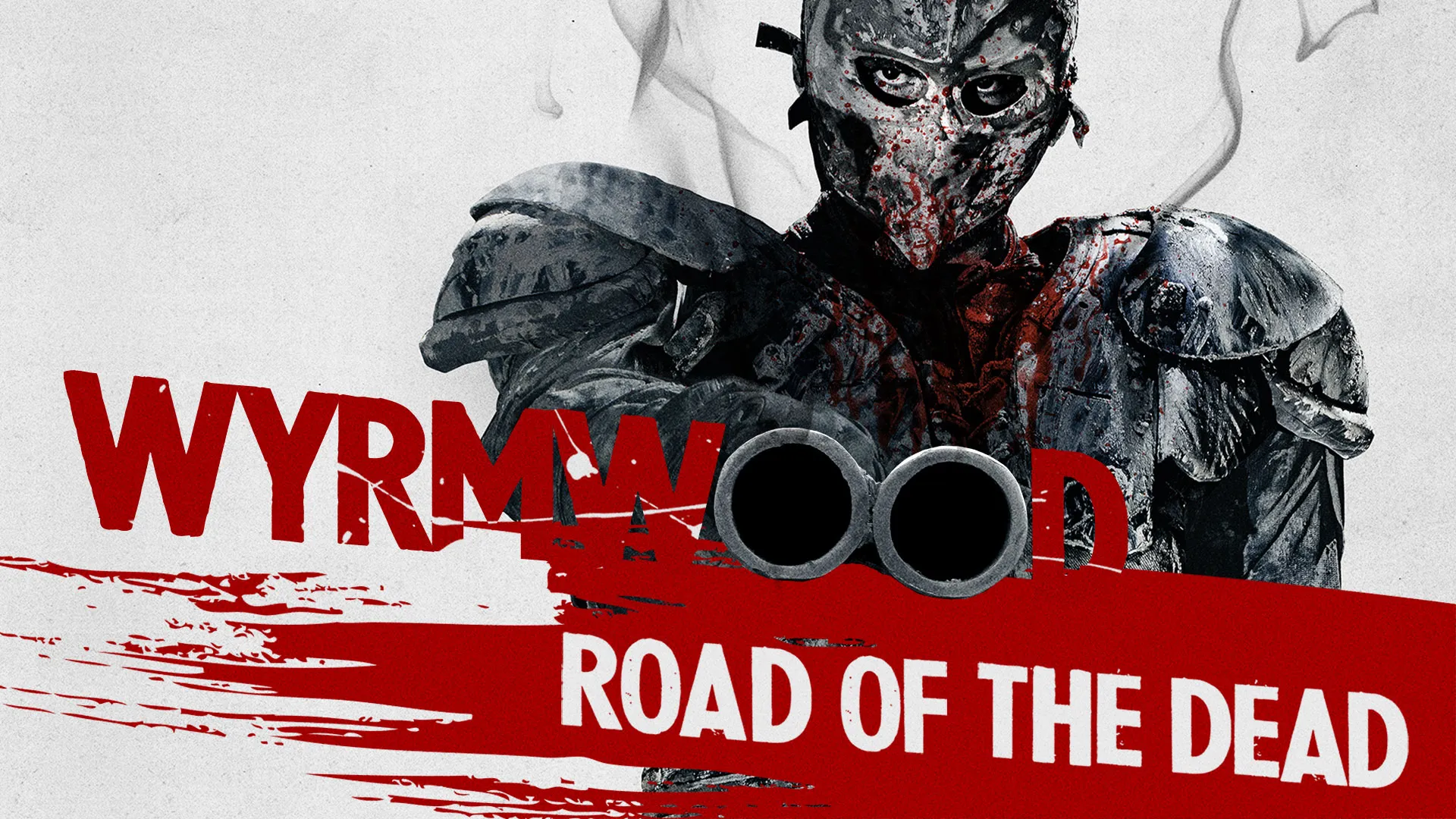The Reunion (2025) is a heartfelt drama that explores the complexities of friendship, time, and unresolved emotions. Set in a quiet coastal town, the story follows a group of five former high school friends who reunite after 20 years for a weekend gathering—one they had once promised to have every decade but never did. As they return to their hometown, now changed in both landscape and spirit, they are forced to confront not only the past they shared but the lives they have since built apart.
The group includes Marcus, a successful but emotionally distant corporate lawyer; Rachel, a single mother and struggling artist; Tom, a recovering addict who now runs a local bookstore; Lila, a schoolteacher dealing with hidden trauma; and Dean, the once-charismatic leader whose sudden disappearance after graduation had caused the original fracture in their bond. His return is unexpected—and filled with tension.
As the weekend unfolds, old rivalries, secrets, and unresolved feelings bubble to the surface. A visit to their abandoned high school stirs up memories both joyful and painful. The group confronts truths they’ve buried for decades: betrayals, love left unspoken, and grief that never healed. One of the most powerful scenes involves a lakeside conversation between Marcus and Rachel, where the two finally address the heartbreak that defined their youth. Another poignant moment features Tom reading an old letter he wrote to himself during rehab, reminding the group of the power of forgiveness and second chances.

Director Olivia Hart crafts a slow-burning, character-driven narrative that focuses less on plot twists and more on emotional resonance. Through natural dialogue and intimate cinematography, the film captures the weight of time and the vulnerability that comes with revisiting who you once were.
The Reunion is not just about rekindling friendship—it’s about confronting who we’ve become and whether we still recognize the people who once knew us best. It’s a meditation on identity, aging, and the often-unspoken longing to rewrite moments we cannot relive. While deeply personal, its themes are universal, offering a mirror to anyone who has ever wondered what might happen if they could gather the pieces of the past—and sit with them, if only for a weekend.
-1750221363-q80.webp)
-1752293795-q80.webp)

